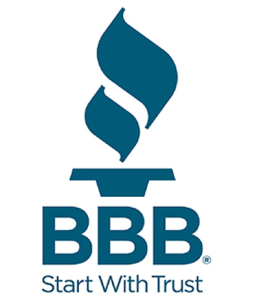The state of Tennessee has seen about two dozen cases of the Zika virus this year.
While concerns about the mosquito-borne virus are growing, there are concerns some online sellers are trying to take advantage of those fears.
There’s a warning from the Federal Trade Commission to at least ten of those online companies.
Randy Hutchinson from the Better Business Bureau of the Mid-South stopped by to explain.
To avoid becoming a victim of a Zika-related scam, BBB advises you to:
- Be skeptical of products that claim they can protect you from Zika-carrying mosquitos. Their claims may not be backed up by scientific proof.
- Be wary of miracle cures and treatments. Check them out with your doctor or other health care provider.
- Be wary of press releases and emails from an unknown sender hyping a company’s stock:
- Check out any broker or product at brokercheck.finra.org. Remember that even if it’s properly registered, that doesn’t mean it’s been assessed by the agency.
- Be wary of promises or guarantees of high investment returns with little or no risk and unsolicited offers, including those that come through social media.
- Don’t fall for name dropping. Relationships cited with government agencies, prominent companies or academic institutions may be bogus.
- Don’t click on links or download attachments in unsolicited emails from unknown senders.
- Report any Zika-related scam attempts to bbb.org/scamtracker.
- Check out any company selling Zika-related products at bbb.org.
- Better Business Bureau of the Mid-South
- 3693 Tyndale Dr.
- (901) 759-1300

